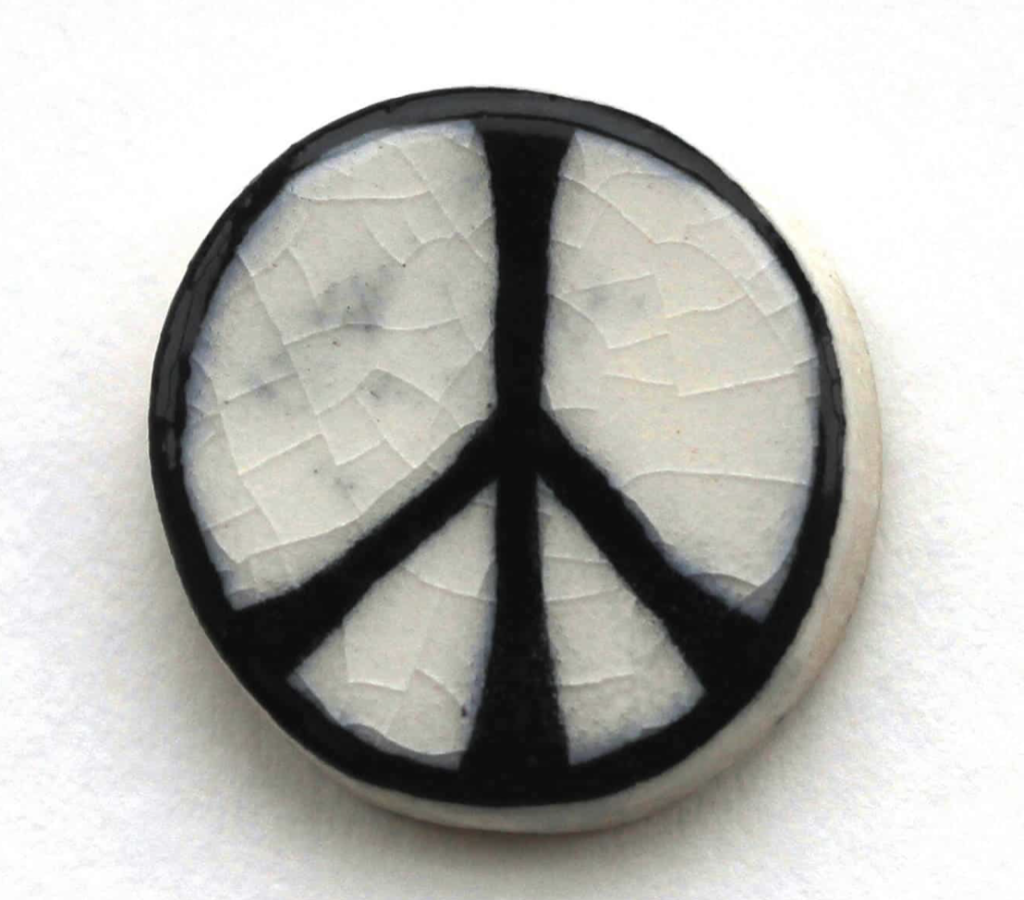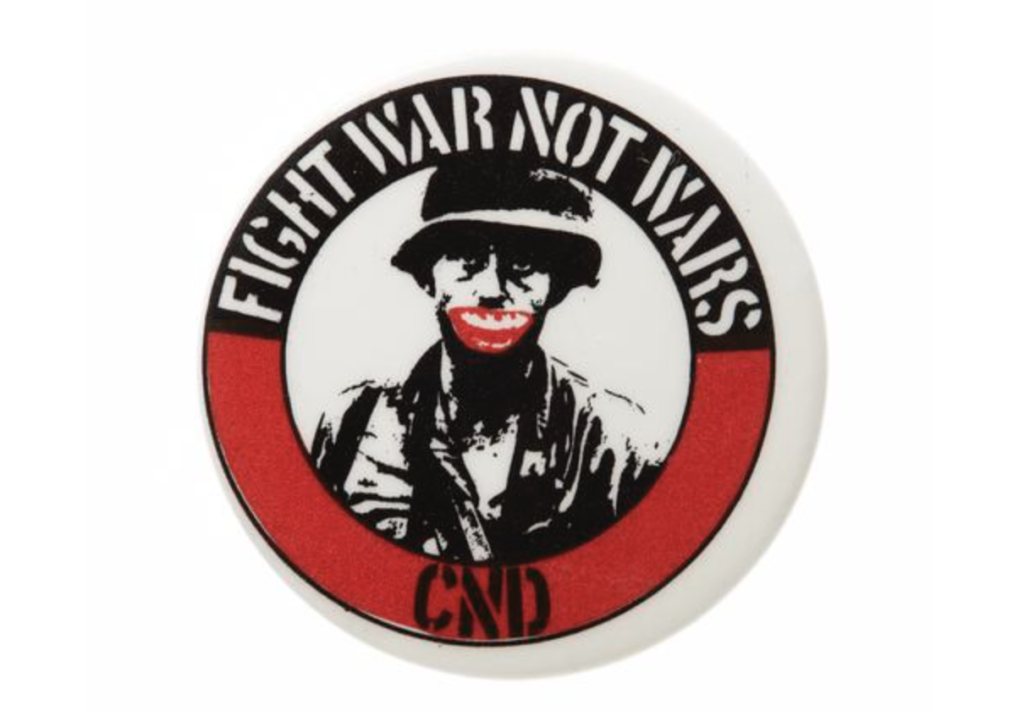The Bulletin recently decided to let some folks add gasoline to a fire. Chris McIntosh and Ian Storey (Bard College) wrote that a terrorist organization able to acquire a nuclear weapon,
will weigh all of its options seriously. And these options are not limited to a binary choice of attack or hold. In reality there are a slate of options for how to “use” a nuclear weapon, and we can divide these into five categories, only one of which is detonation.
Jay Tilden and Dallas Boyd (NNSA) responded. I’m not sure that the two sides disagree all that much, but reading both pieces is instructive. In addition to an excellent summary of U.S. efforts to prevent terrorist acquisition and use a of a nuclear weapon, Tilden and Boyd provide an interesting rationale for focusing on potential terrorist detonation a nuclear weapon:
By studying the acquisition-use assumption purely in the abstract, the authors fail to consider its catalytic effect on global nuclear security efforts. Where they see unimaginativeness in this assumption, national security professionals see a simple, arresting principle that crystallizes the enormity of the consequences if terrorists were to obtain enough material for even a single nuclear device. This recognition in turn helps galvanize the costly and intensive work necessary to protect nuclear material from illicit acquisition worldwide.
Not sure it really responds to the argument, but it’s an important point. Referee the fight yourselves.


